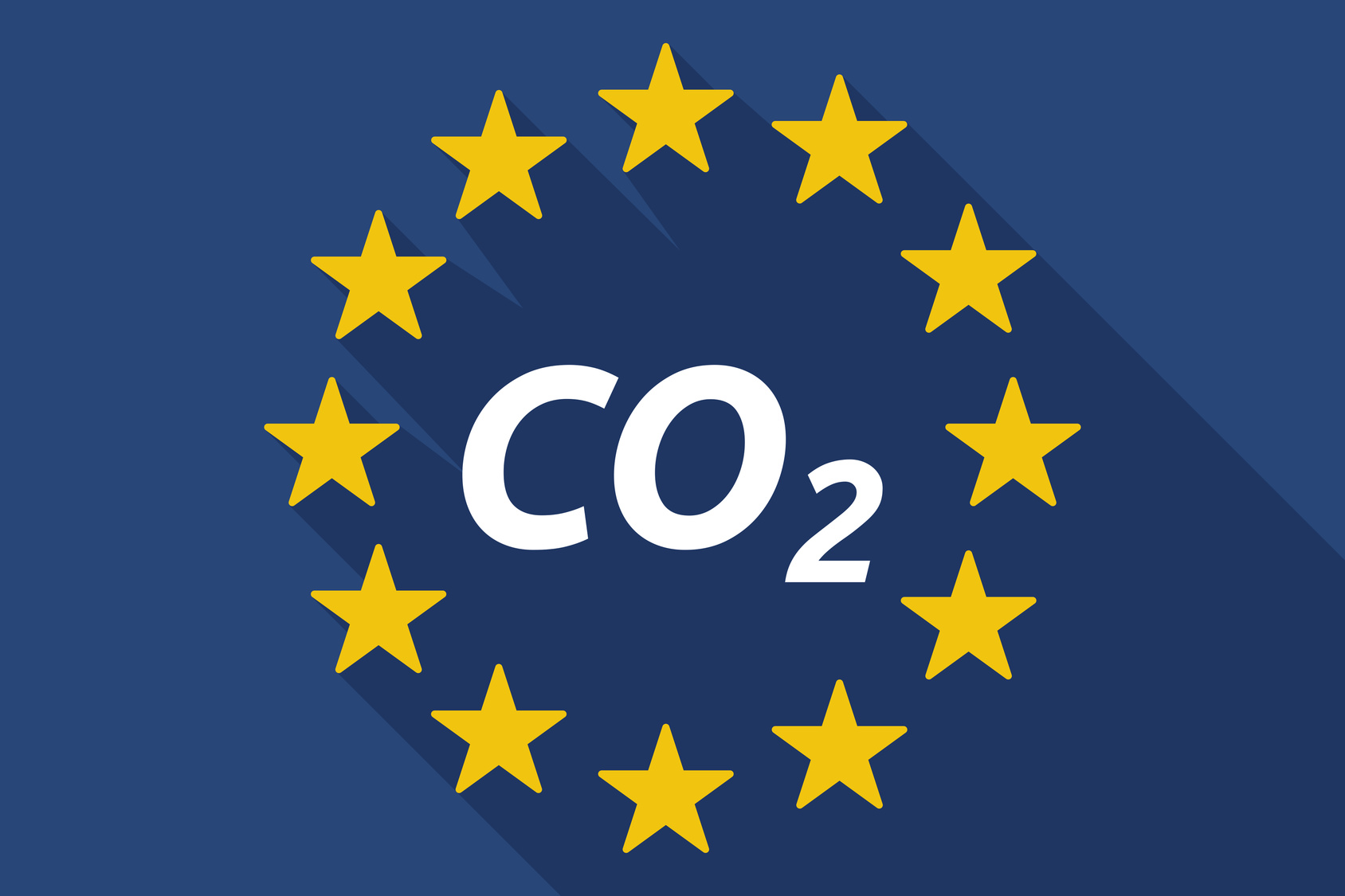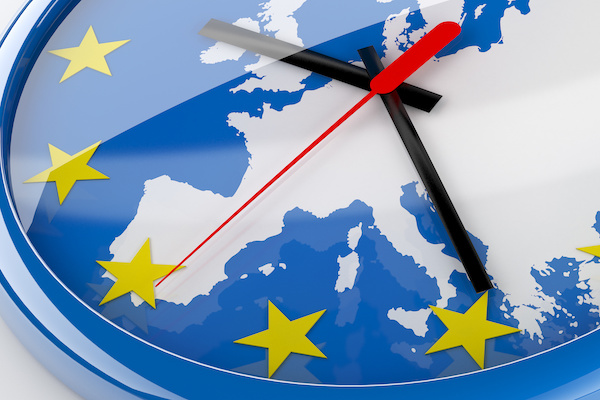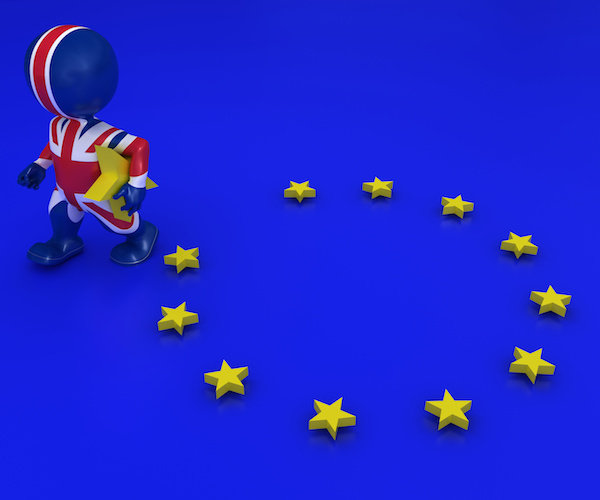10 February 2017
Clean Energy Package : the European Parliament in the spotlight !


Following the release of the Clean Energy Package on Novembre 30th by the European Commission, it is now up to the European Parliament to take over several legislative proposals structurally important for the energy sector. Jerzy Buzek, chair of the ITRE Committee and major figure of the European Parliament on energy-related issues, expressed his ambition to achieve the Parliament’s legislative work as soon as possible, by the end of 2017. This seems to be an ambitious schedule, especially in the light of the density and complexity of the texts to be examined, and considering how far the Parliament is from having strong and stable political coalitions.
As expected, the review of the Energy Efficiency Directive and the Renewable Energy Directive are at the heart of the first debates. In this regard, it is worth recalling that the European Parliament already voted for more ambitious binding goals in an initiative report on the 2030 Climate and Energy Framework: 40% of energy efficiency and a 30%-share of renewable energy in the energy mix. The European Parliament’s initiative failed as the European Council called, in its October 2014 conclusions, for a European indicative target of 27% for improving energy efficiency and a European binding target of 27%-share of renewables.
Some always want more …
Now co-legislator, the European Parliament may be inclined to give it a second try in increasing the level of ambition. Some MEPs, particularly vocal on energy issues such as the Belgian socialist Kathleen Van Brempt, the Italian socialist Flavio Zanonato, or even the Danish liberal democrat Morten-Helveg Petersen, already demonstrated their commitment to do so, especially regarding the share of renewables in the energy mix. A strong mobilisation of the green and socialist parties also emerges in favour of an energy efficiency target in line with the 40% voted by the European Parliament in 2014.
… Some stand by the ETS mechanism as the priority …
Nevertheless, these statements are not (yet?) representative of the official party lines of the S&D, the EPP and the Greens with respect to the renewable energy development and energy efficiency. Still, they give an interesting insight on trends to monitor carefully in the debates and voting sessions to come. In any case, taking into account the impact of those policies on the ETS mechanism will be crucial, since it remains the central tool for reducing greenhouse gas emissions at the European level. Indeed, the CO2 price signal is a high-stake issue in the implementation of the Clean Energy Package that deserves more attention and debate within the European Parliament. The Latvian EPP MEP Krisjanis Karins, also Rapporteur for the Directive and the Regulation on “the internal market for electricity” reminded that European climate and energy targets should be first and foremost achieved thanks to an effective ETS market. The ETS should indeed, according to Karins, lie at the heart of the investment strategy for the energy transition.
… but almost no one involved in the overall functioning of the market !
At this stage, the essential revision of the market design was sidelined, even though mentioned by influential MEPs such as the French Françoise Grossetête, her EPP-colleague Krisjanis Karins and Greens’ representative Claude Turmes. However, as UFE has emphasised for many years, market design is crucial to guarantee an ambitious and effective energy transition, both from an economic and an industrial perspectives. Indeed, investors struggle in finding an economically viable business model in the energy sector. While most renewable energy power plants still need support, various Member States have introduced capacity mechanisms to overcome the lack of mid- and long-term price signals for investors. These signals are indeed necessary to avoid the closing down of power plants that are still necessary to ensure the security of supply and the resilience of the power system.
Moreover, the ‘Clean Energy Package’ must be seen by the European Parliament as an opportunity to bring two major issues back at the heart of European energy and climate strategy, namely (1) securing EU electricity supply and (2) rebuilding a market that can effectively trigger the investments required for a successful European energy transition.
Finally, other structural elements of the Clean Energy Package still need to be examined in the coming months, especially regarding regional cooperation and governance. Yet, few MEPs addressed those issues despite their strategic dimension, as they are closely related to market integration and to the key role of system operators. These actors have indeed a key role to play in supporting the structural shift towards a more decentralised and variable system, and the success of consumers’ involvement in managing their consumption. Yet, regulators and system operators’ responsibilities are precisely addressed in the governance provisions of the package.
The key issue is to give the European Union the means necessary to fulfil its goals, while respecting national diversities under the so-called principle of subsidiarity. The whole purpose is indeed to reduce greenhouse gas emissions at affordable cost both for the European consumer and national economies. All in all, 2017 has just begun and there is still significant work ahead!
Find out more
02 June 2020
“Long live Europe”: it’s time for Europe!
25 February 2020
Brexit: love last 47 years


About us
The Union of the French Electricity Industry is the trade association of the French electricity sector. We bring together companies from the whole value chain of the electricity industry.
Find out more









